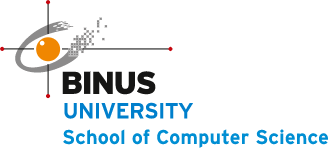Student Outcomes
After completing the study, graduates are:
- Able to explore, logical reasoning, generalization abstraction, and formal proof in formulating and model problems with specific variables and assumptions through mathematical approach with or without mathematical software.
- Able to develop mathematical models of problems and analyze their performance and draw contextual conclusions
- Able to conduct data science project flow to solve real business and industry problems
- Able to develop software by implementing mathematical models.
- Able to apply interdisciplinary knowledge and skills in developing alternative solutions for problem-solving

Comments :